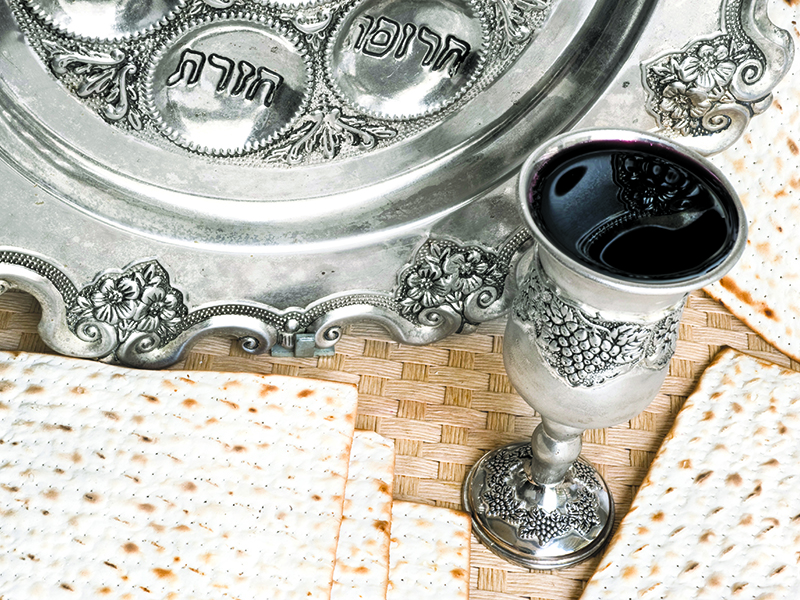The year I said Kaddish for my dad, I approached Passover with a mix of trepidation and anticipation. I loved being with my dad’s extended family for the Seder, but that night, in 2009, was when I expected to feel his loss the most.
The first year after the death of a loved one, particularly an unexpected death, brings a tough series of adjustments, as there are many “firsts” to live through and process.
My dad’s birthday triggered a challenging grief attack during a Shabbat service. I turned out to be a crier, but took heart in some advice I’d received early on: to cry when I needed to. As it turns out, I rarely started crying at a convenient time.
In contrast, my sister and I navigated our mom’s birthday quite well, planning a family weekend out of town to visit my daughter at school.
READ: THE JEWISH WAY OF MOURNING – HOW TRADITION HELPS PEOPLE THROUGH THE BEREAVEMENT PROCESS
The seder, however, was in a category of its own. My dad led our seder for decades and it was hard to imagine it without him. Now, my husband, Stephen, would take over.
When Stephen asked me in advance if he should say something about my dad, I wondered whether it would be too painful for my mother. I told him he needed to ask her.
It was a mistake not to revisit the subject, but Stephen was working long hours and I was caught up in Passover preparations, work and saying Kaddish twice a day.
On the night of the seder, my cousin’s fiancée said to me, “This must be hard for you.” It helped to have that kind of acknowledgement.
READ: STARRY-NIGHT SCHEHERAZADE – MEMORIES OF MY FATHER
Stephen welcomed everyone after we sat down – there were 38 of us in total – and said a few introductory words. When he began the proceedings without mentioning my father, my sense of loss, which was already close to the surface, intensified. But I believed it was more important that my mother feel comfortable.
It wasn’t until the next day, when my sister mentioned how odd it was that there had been no mention of our father at the seder, that I learned that Stephen had never consulted my mother. Like most of my cousins, he said nothing, instead of risking saying the wrong thing. Regret and anger compounded my sadness when I realized that we could have prevented an unfortunate situation by communicating more effectively.
But the story has a happy ending. It’s been an ongoing journey since we lost my dad almost 10 years ago. I would say that we reached another turning point this year, when my mother commented to me on the ease with which Stephen led the our latest seder and spoke about my dad in his introductory remarks.
I would even say that there was a bit of magic at this year’s seder, due in part to the children, who stayed up long past their bedtimes. Also, for the first time in a long while, almost all the adults stayed to the end, with some completing the seder, and the rest of us enjoying each other’s company. We’ve come a long way.
